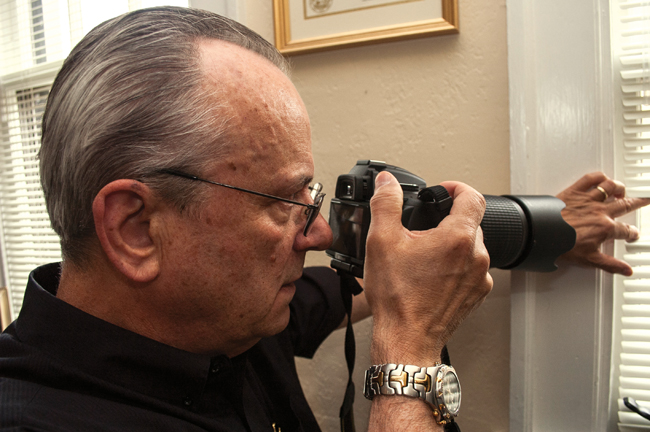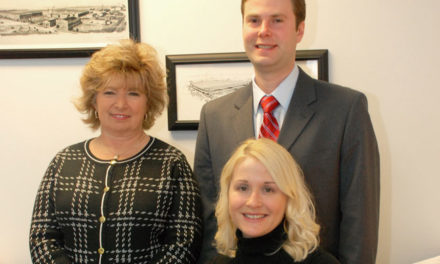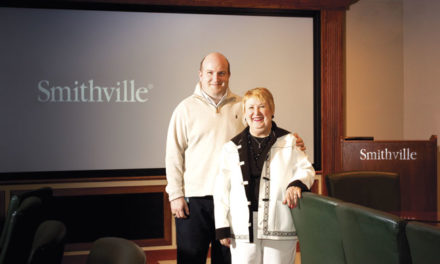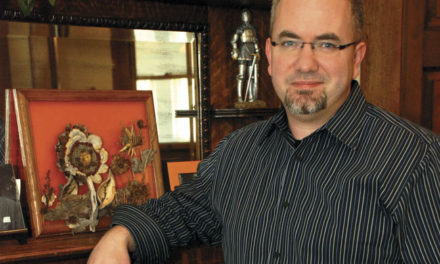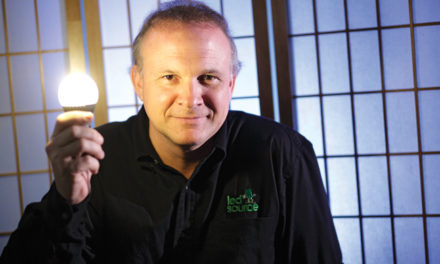BY ADAM KENT-ISAAC
Despite what film noir would have movie-goers believe, being a private investigator is not all that glamorous of an occupation. At least not for local gumshoe Don C. Johnson of Trace Investigations. His office is not dimly lit and smoky; his waiting room is not filled with provocatively attired women; and he does not live life on the edge.
“Almost every aspect of the media portrayal is incorrect,” Johnson says. “Our day-to-day work is routine—writing reports, doing research online. There are no high-speed car chases, no gunfights. There’s nothing to be gained from putting lives in jeopardy.”
In fact, Trace works predominantly with businesses and attorneys, doing background screenings and insurance-fraud investigations.
Johnson’s investigative career began with the Air Force as an intelligence analyst. One of a select group of airmen sent to Indiana University by the U.S. Department of Defense to study Russian at the height of the Cold War, Johnson was eventually deployed to a remote “listening post” in Turkey, where he intercepted Russian air defense communications.
After leaving the service, he worked as assistant to a theater union executive, investigating contract violations and administering claims. Then it was on to Burns International Services, an investigation company in New York City. After some time with a firm in Indianapolis, he set up shop in Bloomington, founding Trace Investigations in 1990.
After more than a quarter century as a professional investigator, Johnson finds some things have gotten easier. “You used to need a two-way radio in the field,” he says. “Now cell phones take care of that. Cameras are pretty much all digital these days and getting smaller. Thousands of images can be stored on a media card.” And the Internet has transformed the research process.
What remains unchanged is the need for persistent surveillance skills, he says. Lengthy car tailing and stakeouts are not uncommon; intense patience and focus are a must. If an investigator is “burned”—if the target spots him—he must simply make an exit and return to the hunt later.
Having charisma helps, too, especially in digging up leads. “You can’t coerce people to give you information,” says Johnson. “It takes good manners. Make them want to help. You catch more flies with honey than you do with vinegar.”


